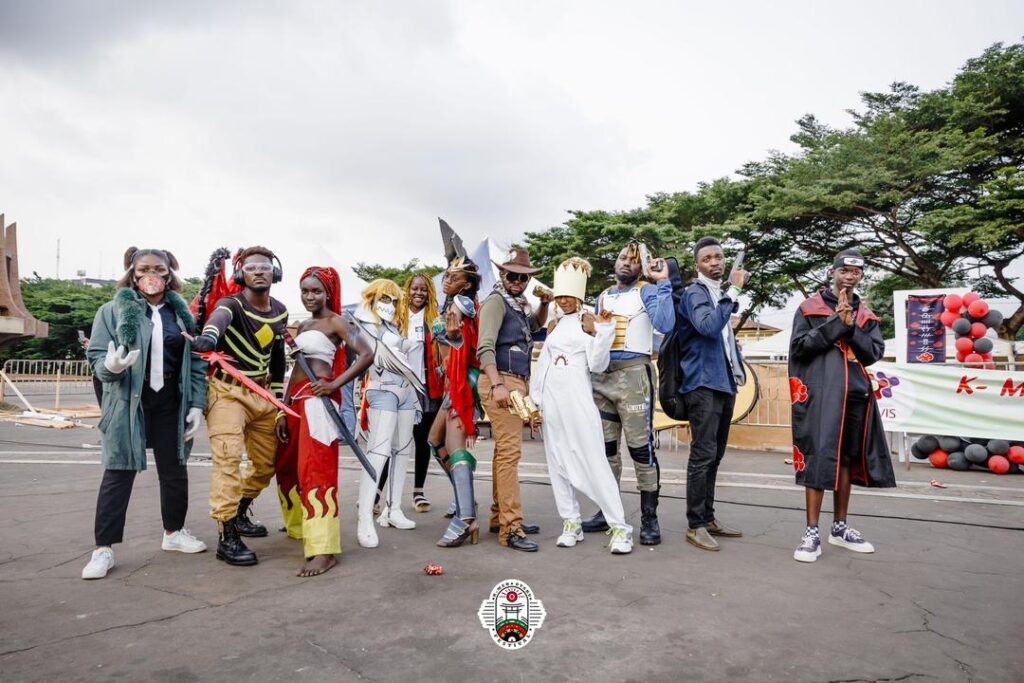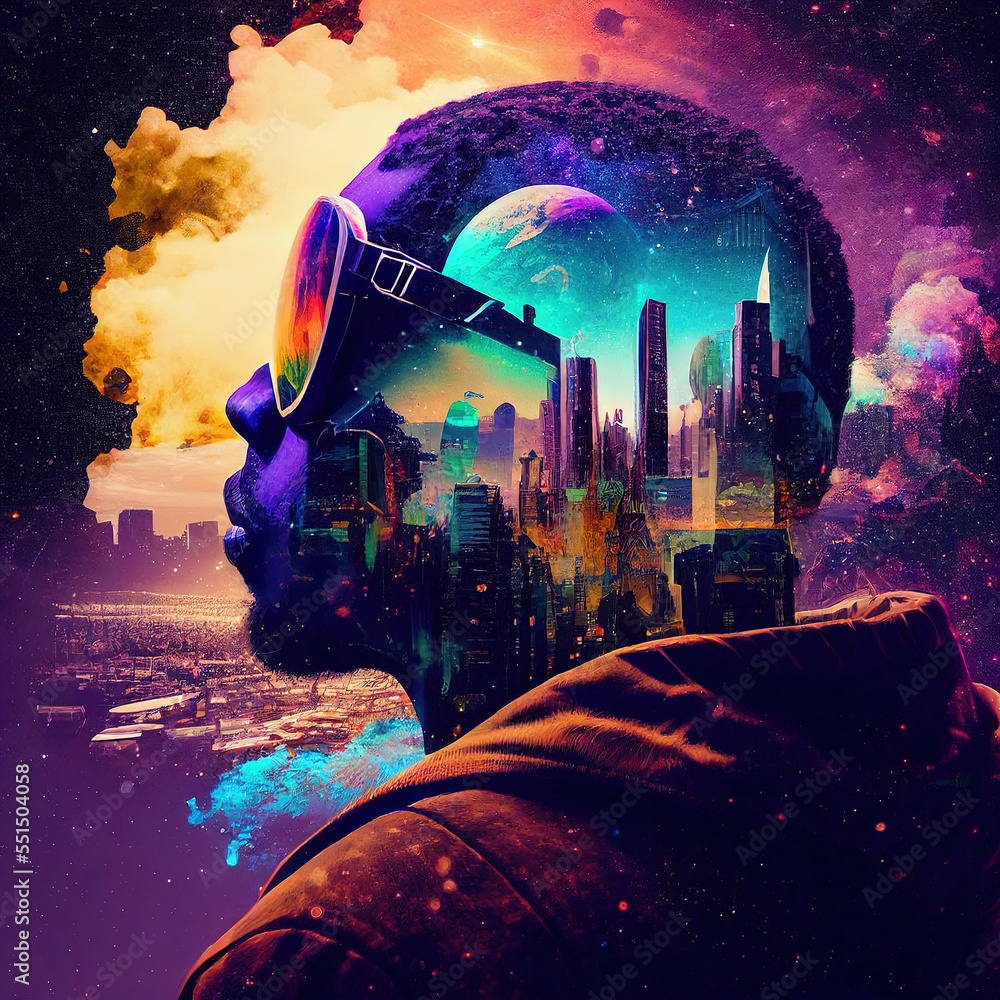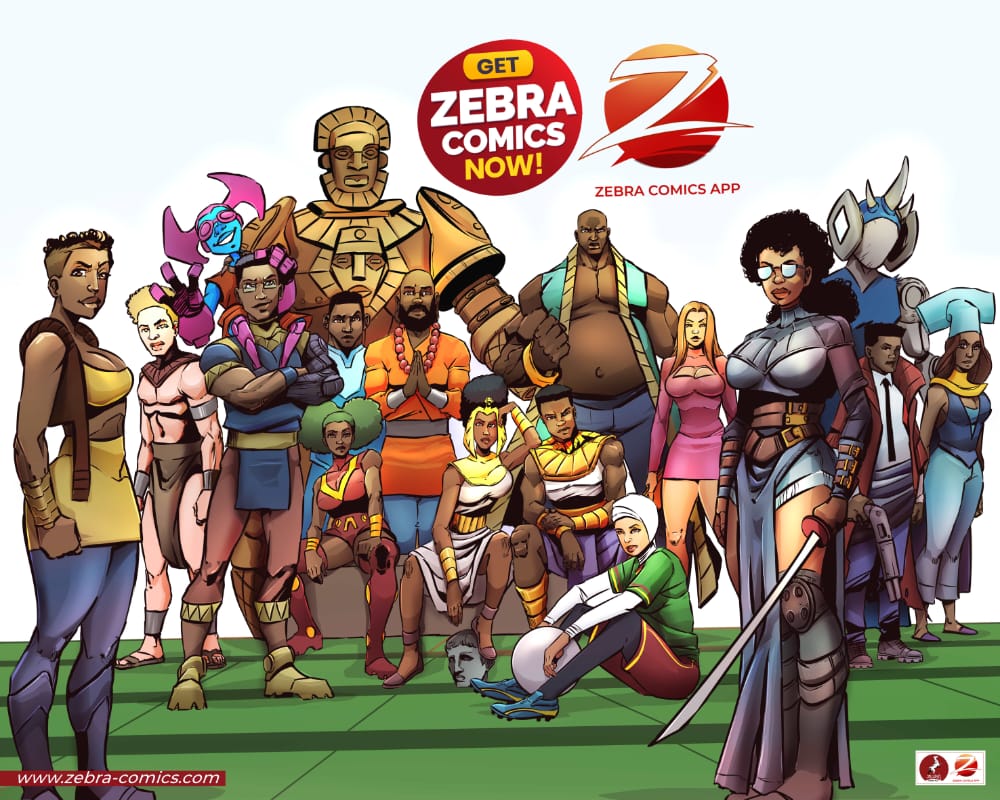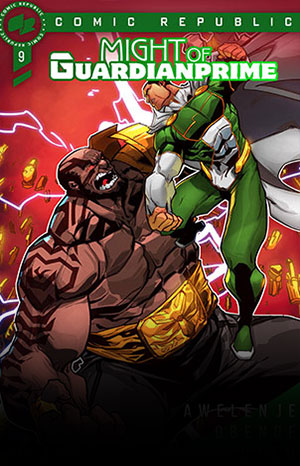Did you ever imagine that Gen Z across Africa would relate more with Naruto than with African icons like Mansa Musa, Um Nyobé, Sultan Ibrahim Njoya, Shaka Zulu, or even Sundiata Keita?
It sounds unimaginable, but wander into any school corridor, university campus, bus stop, or WhatsApp group today and you’ll find orange headbands, anime stickers on backpacks, and conversations filled with chakra, Nen, and Devil Fruits. For millions of young Africans, Japanese heroes feel closer than the historical giants of their own lands.
For people of my generation (millennials born in the mid 80s), the journey began much more humbly.
I still see myself walking the buzzing streets of Bamenda, flipping through torn, second-hand Dragon Ball manga sold by roadside vendors. The pages were faded, the spines damaged, but to us they were treasure. At school, the few classmates who owned these books were revered like mini-gods. We shared them in secrecy, passed them around like contraband magic. None of us knew that decades later, this underground fascination would become one of the most powerful cultural movements across the continent.
Today, manga has become a universal African language, and ironically, piracy helped fuel its rise. But as manga grows, African comics and African webtoons find themselves fighting for space, recognition, and survival.
HOW THE MANGA CRAZE TOOK OVER AFRICA
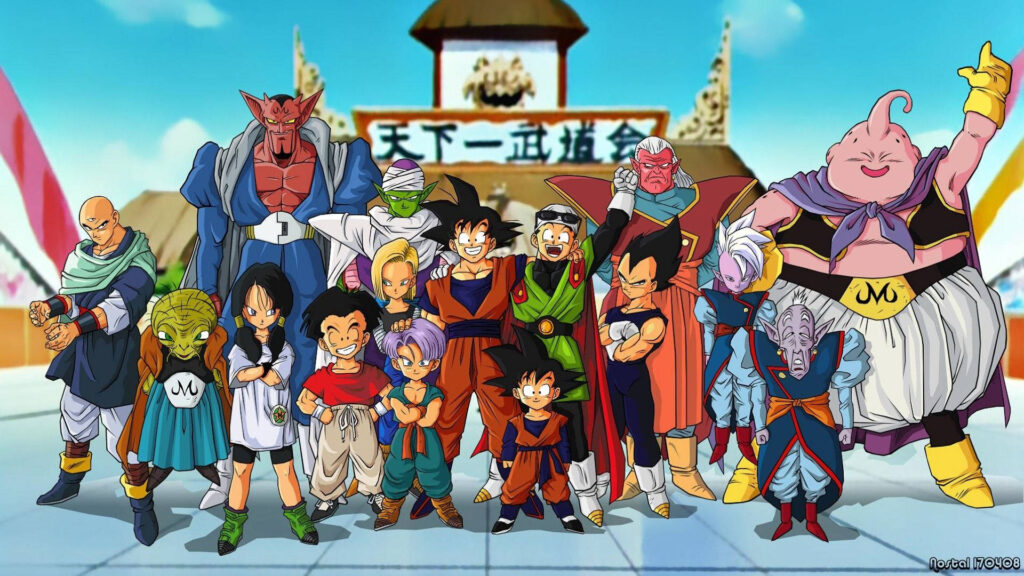
Long before digital apps brought manga to our phones, anime arrived in our living rooms. Through satellite channels and blocks like “MANGAS”, millions of Africans first met Goku, Naruto, Luffy, and Kenshin. These shows were more than entertainment, they were cultural gateways. They offered high emotion, heroic journeys, friendship, rivalry, and worlds filled with possibilities.
When smartphones became common, everything changed.
Suddenly, manga was not scarce. Pirated sites, fan translations, WhatsApp groups, and mirrored apps made entire libraries available instantly, and for free. A generation grew up with unlimited access.
In Cameroon, the impact is visible in the rise of otaku gatherings. The K-mer Otaku Festival (K.O.F.) in Yaoundé routinely draws 10,000 to 15,000 fans, a number some local book fairs can only dream of. Cosplay, fan art, manga battles, and Japanese pop culture dominate the scene. From Lagos to Nairobi to Dakar, the story is the same: Africa’s youth have embraced manga as part of their identity.
Why? Because manga speaks emotionally. Its characters struggle, fail, rise, and dream, just like African youth navigating a world full of challenges and expectations.
THE COST FOR AFRICAN CREATORS
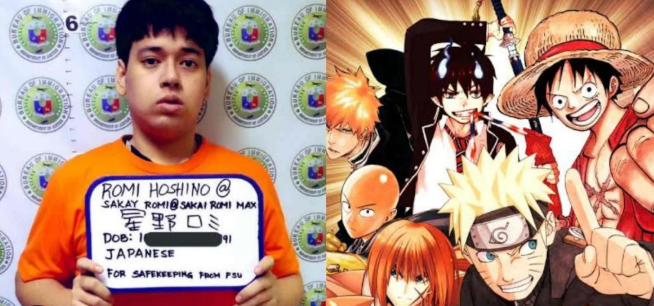
But while manga thrives, African creators often feel invisible.
At Zebra Comics PLC, a painful incident revealed the mindset that threatens African creativity. Some young fans illegally downloaded entire series from the official app and reposted them online. When the company reached out, these fans insisted:
“We’re helping you. We’re giving you free publicity.”
To them, piracy wasn’t theft, it was normal. Their tone suggested that Zebra Comics should be grateful.
It took the fear of legal consequences before the pirated content was removed.
This story is not unique. Across the continent, creators whisper the same frustrations:
No support. No sales. Endless comparisons to Japan.
“Why doesn’t your work look like manga?”
“Why should I pay when everything else is free?”
Piracy does more than steal money. It steals motivation. Artists who spend sleepless nights drawing panels, building stories, and paying assistants watch their work spread across pirate channels without credit or compensation.
It crushes the spirit.
It delays dreams.
It convinces some to quit.
And it’s profoundly unfair because Japanese manga isn’t “naturally” superior, it simply has decades of structure, funding, global distribution, government support, and a consolidated publishing ecosystem.
African comics are still building their foundation. And they deserve the chance to grow.
THE DEEP AND EMOTIONAL DAMAGE OF PIRACY
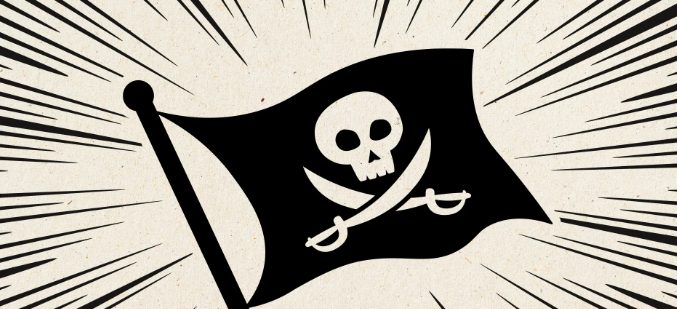
Imagine creating a webtoon based on your grandmother’s folktales, drawing each night under a flickering bulb. Then, a week after release, you find it on a pirate site with hundreds of shares.
Your name is gone.
Your work is free.
Your dream feels stolen.
That’s the emotional cost.
It’s more than economics—it’s dignity.
Piracy shapes the mindset of readers who grew up consuming foreign content for free. When they meet African stories behind a paywall, they reject them—not because they’re bad, but because they were never taught to value them.
This traps African creators in a cycle where they must compete with billion-dollar industries using pocket-sized budgets.
STRONGER ALLIANCES: HOW THE WORLD IS FIGHTING BACK
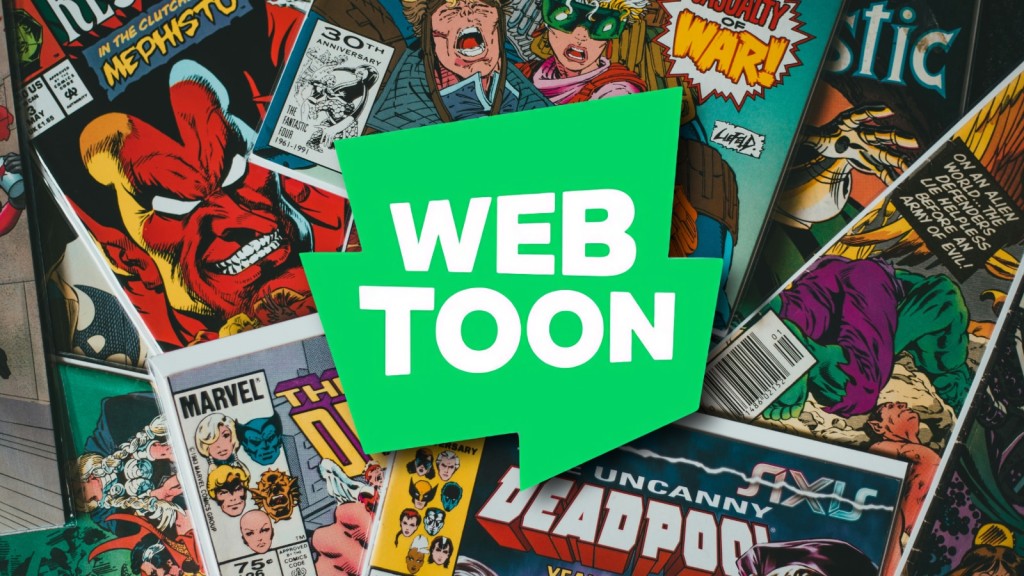
Globally, publishers are reclaiming their rights.
- In France, the Syndicat National de l’Édition (SNE) successfully took down the major piracy platform Japscan, which had hundreds of thousands of monthly visitors.
- In 2024, WEBTOON Entertainment launched a DMCA subpoena campaign targeting more than 170 pirate websites, aiming to protect creators worldwide.
- Japan and South Korea operate coordinated anti-piracy task forces where publishers, law enforcement, and internet providers work hand in hand.
Africa can follow this model: stronger copyright boards, collective action, and unified industry fronts working to protect creators.
We must build policy, structure, protections, and education—the same pillars that allowed Japanese manga to become a global empire.
THE FUTURE AFRICAN COMICS DESERVE
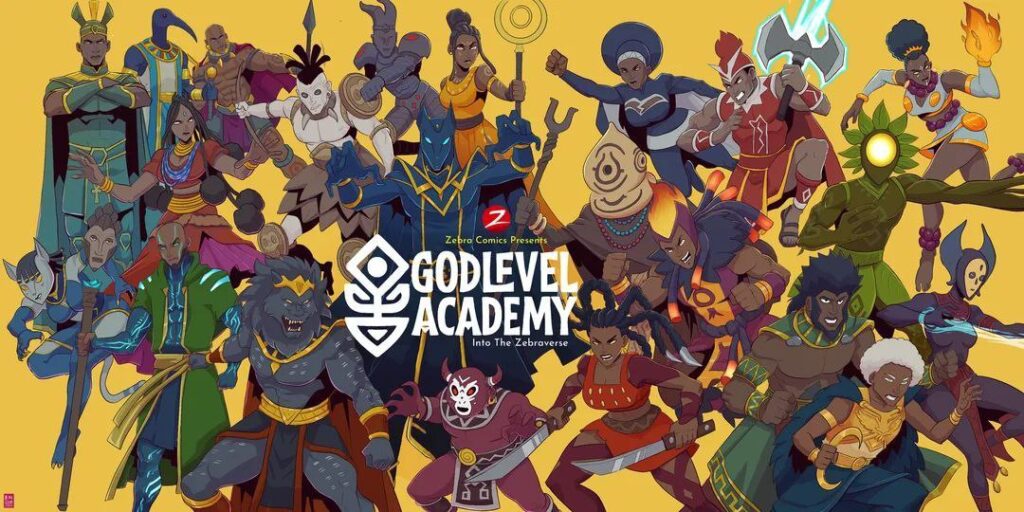
Africa doesn’t lack talent. It lacks support, infrastructure, and respect for creative labour.
But the future can be different.
If African readers begin valuing local stories, paying 50 or 100 francs to unlock episodes, the industry can grow powerful enough to stand beside Japan, Korea, and the U.S.
If creators are fairly compensated, we’ll see:
- A flood of new original IP
- Animation studios rising across the continent
- African superheroes gaining global fame
- Stories rooted in African culture exported worldwide
- A new creative economy employing thousands
Africa has always loved stories. From folktales told beside fireplaces to the digital sagas filling our phones today, storytelling is in our blood.
Manga has had its moment in Africa—rightly so.
But now, a new chapter is waiting.
The world grew up on Japanese manga.
The next generation should grow up on African webtoons.
Written by Franklin Agogho

